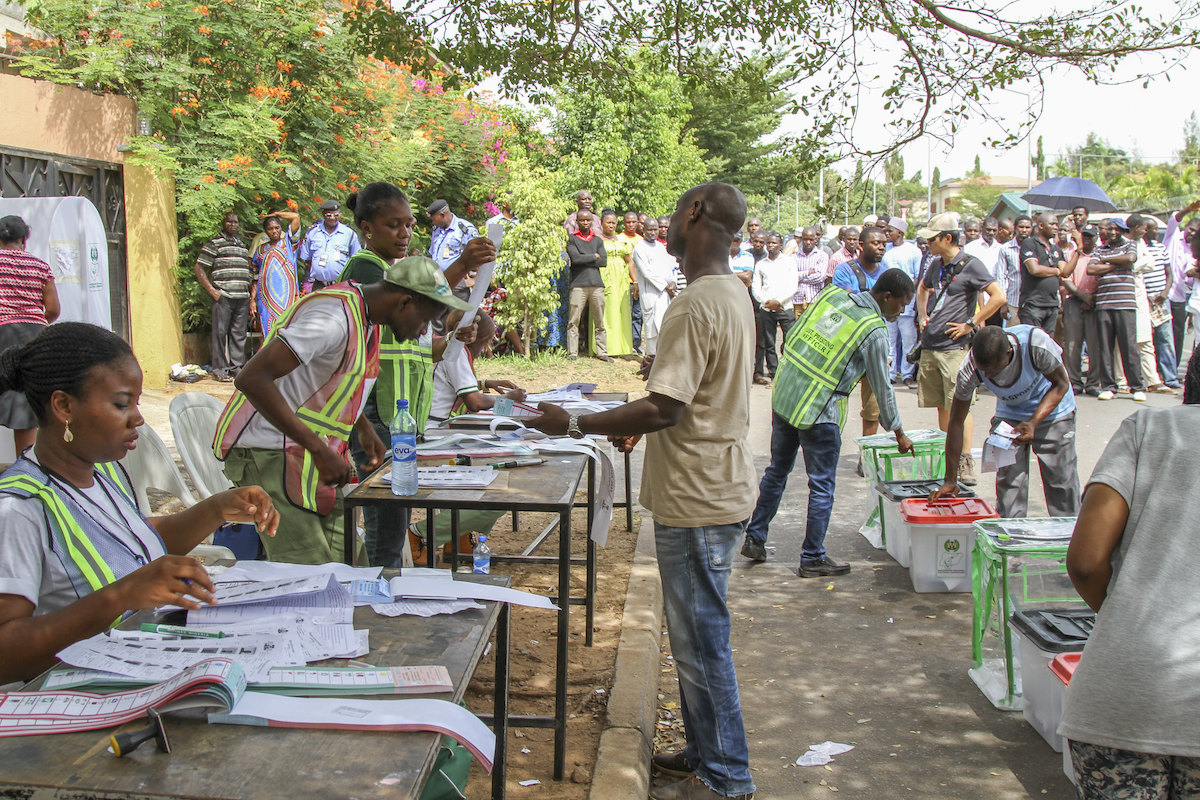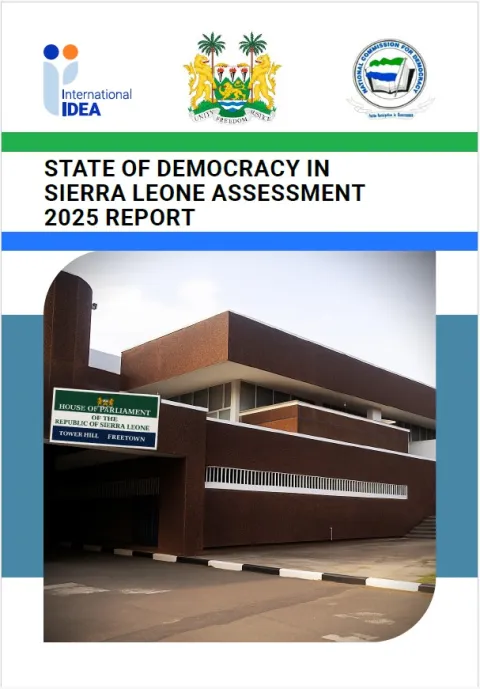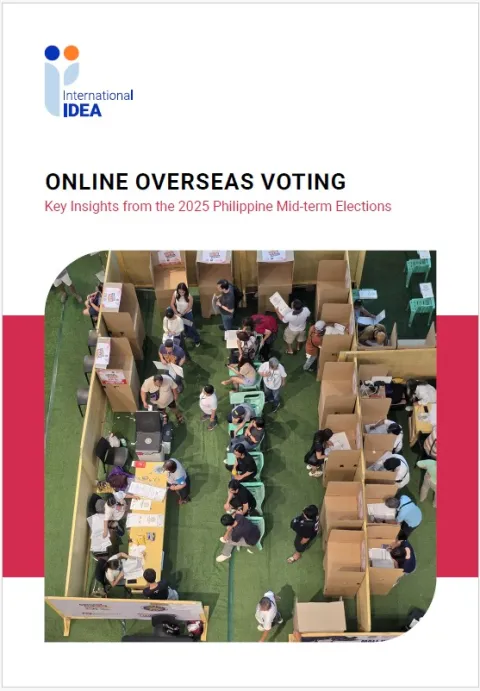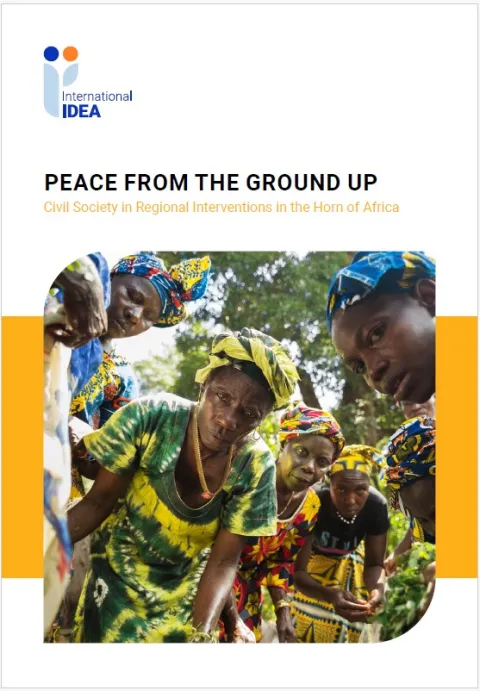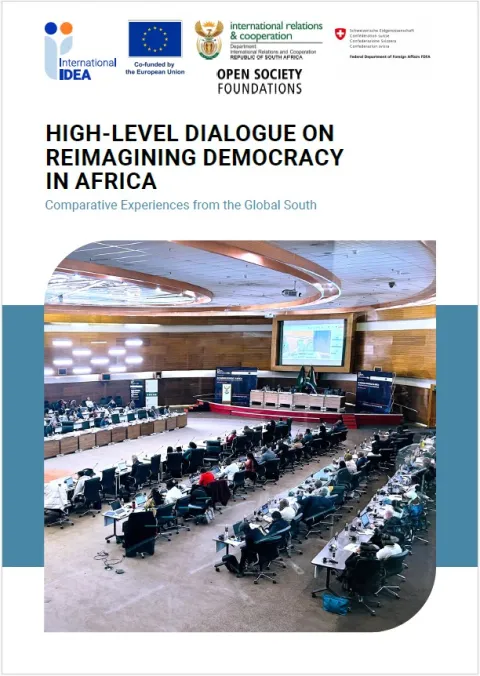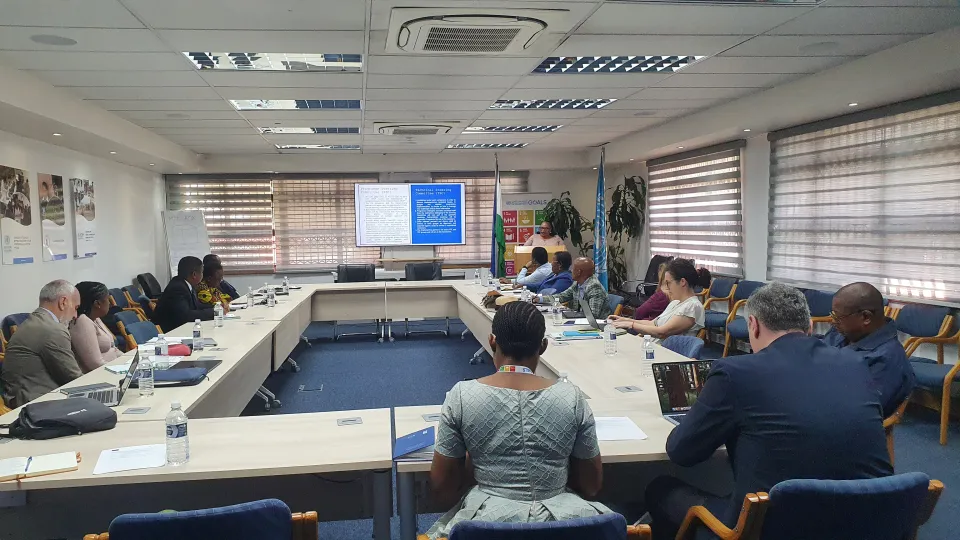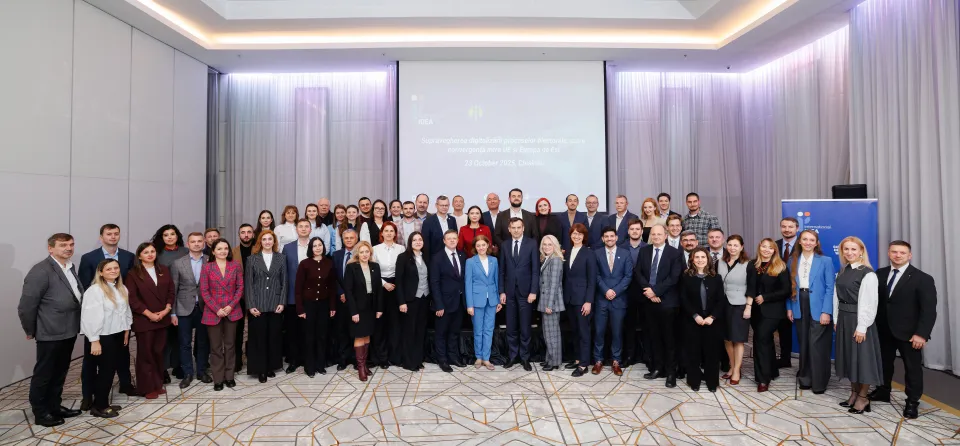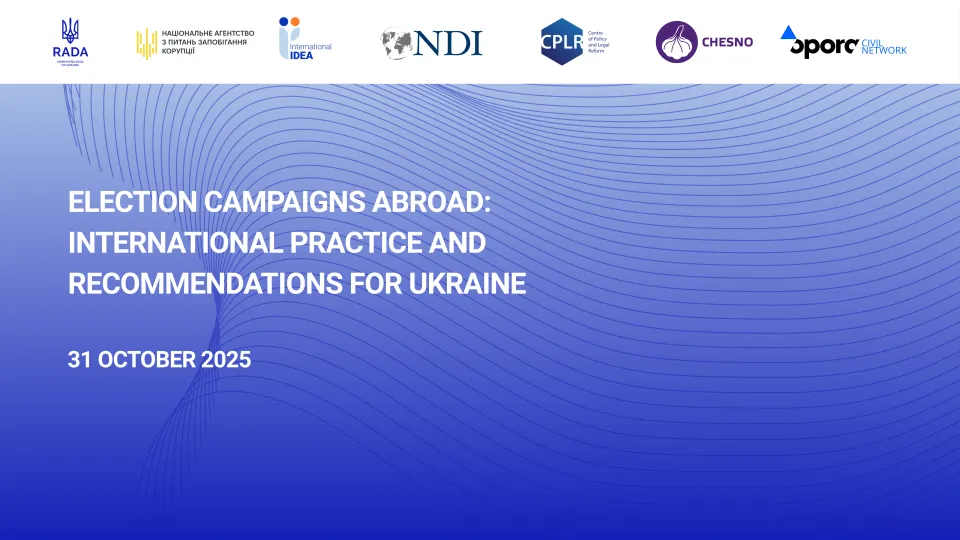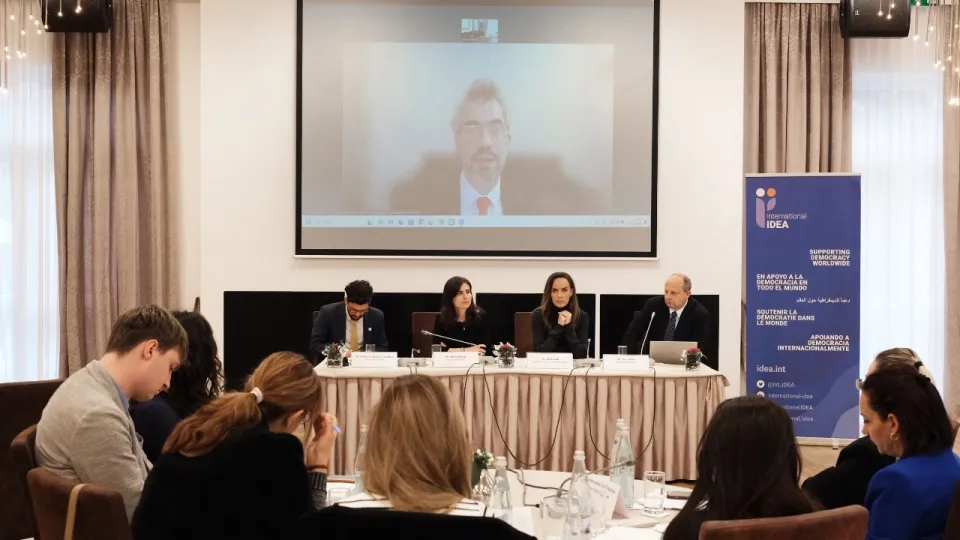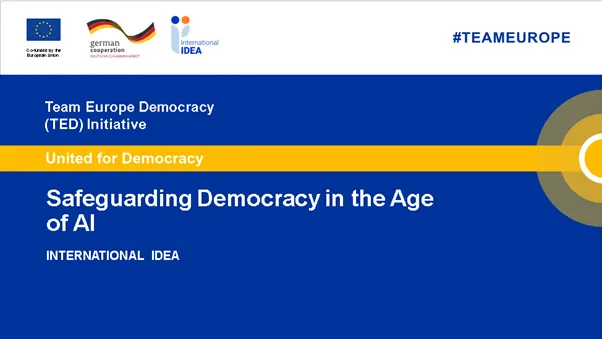Assessing Sudan's Electoral Legal Framework
Assessing Sudanʼs Electoral Legal Framework provides an in-depth insight and analysis of Sudanʼs current legal framework for elections. It measures Sudanʼs legal electoral framework against a common international understanding of the principles, norms and obligations that define credible and democratic elections. The objective of this analysis is not to criticize or pass judgement on the countryʼs existing electoral processes; instead, it offers an unbiased assessment of how Sudanʼs existing electoral laws and country context create an enabling or disabling environment for free and fair elections. It provides comprehensive and constructive recommendations to strengthen existing legislation and improve fairness, uniformity, reliability, consistency and professionalism in Sudanʼs future elections.
This Report also assesses the status of core democratic principles and freedoms that provide the foundation for credible elections and highlights any restrictions on these fundamental rights and liberties that could interfere with the countryʼs upcoming elections or delay its political transition. It calls upon the transitional government to protect citizensʼ rights and liberties and prevent abuses that may influence public trust, fairness, and openness of electoral and other transitional processes.
Lastly, this Report discusses political, socio-economic, and legal issues impacting Sudanʼs roadmap to democratic transition before the October 2021 military coup.
Details
Contents
Acknowledgements
Executive summary
Chapter 1. Assessment methodology
Chapter 2. Introduction and country context
Chapter 3. Electoral framework
3.1. The Constitution
3.2 Other national legislation
3.3 Election system
3.4 Boundary delimitation
Chapter 4. Election administration
4.1. Structure and composition of the election administration
4.2. Institutional and functional independence of the election administration
Chapter 5. Voter registration
5.1 Right to vote
5.2 Registration procedures
Chapter 6. Political parties, candidates and campaigning
6.1 Right to stand for election
6.2 Election campaigns
6.3 Campaign finance
Chapter 7. Electoral dispute resolution
Chapter 8. Conclusions and recommendations
References
About the author
About International IDEA
Give us feedback
Do you have a question or feedback about this publication? Leave us your feedback, and we’ll get back to you
Send feedbackAssessing Sudan's Electoral Legal Framework
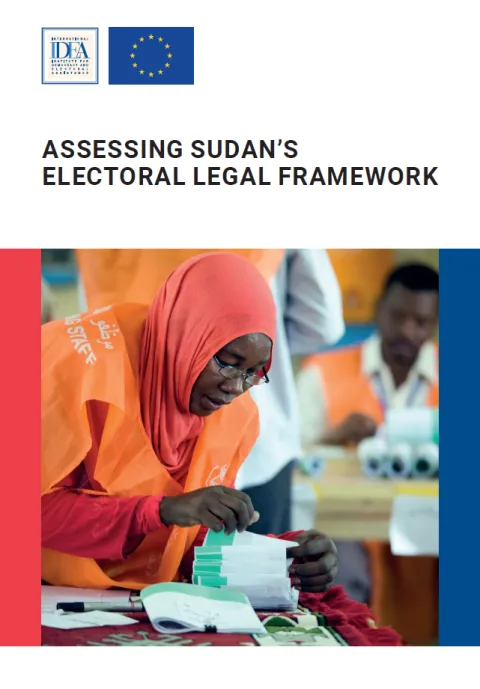
| Total views | 4079 |
|---|---|
| Downloads | 35 |
| Rating |
Give us feedback
Do you have a question or feedback about this publication? Leave us your feedback, and we’ll get back to you
Send feedback